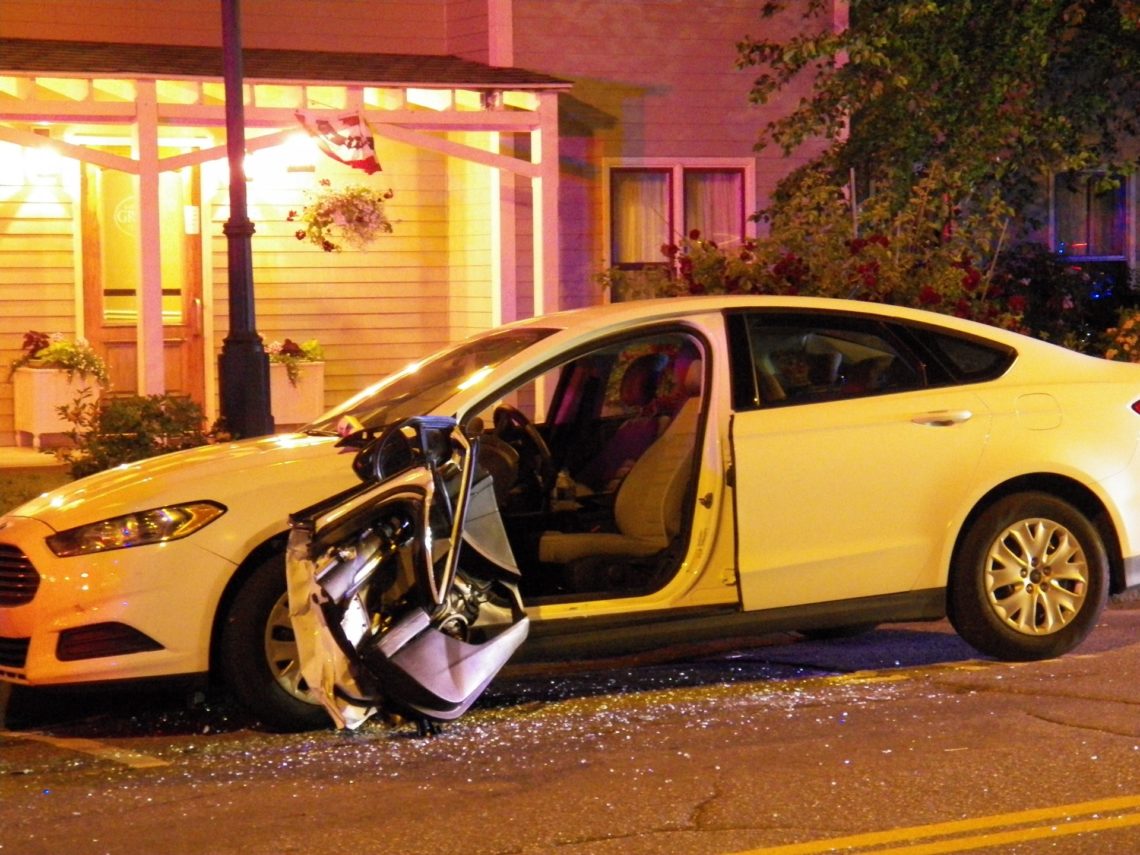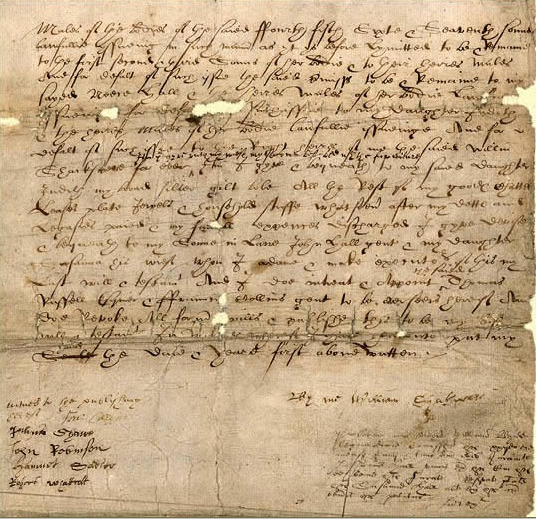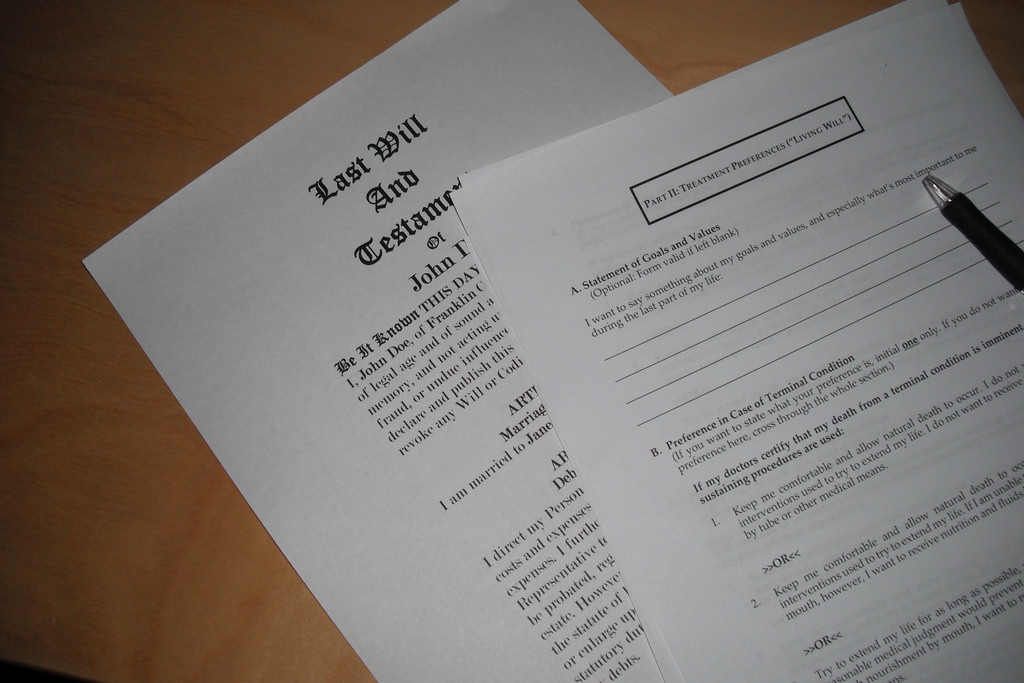Adam Patrick Browne’s life tragically ended on October 8, 2018. He was run over by a car driven by his former fiancée, Victoria Keaveny, after she consumed alcohol at a restaurant in Gastonia, North Carolina. Pursuant to a settlement filed under seal in Gaston County Superior Court, that restaurant will pay wrongful death proceeds to Browne’s estate for its role in the tragic incident, namely serving alcohol to Keaveny, who at the time was 19 years old. Although nothing could ever fully repair the harm of losing a loved one, wrongful death claims offer a potential civil remedy when the death is caused by the wrongful conduct of another party.…
-
-
Six Basic Questions and Answers about Executors
If you have a will or have ever dealt with estate administration, you are probably familiar with the term “executor.” However, most people don’t know what an executor is or what the executor’s role is. Additionally, what do you do if you suspect an executor is behaving fraudulently or contrary to the deceased person’s wishes? What is an executor? An executor is a person or institution appointed to carry out the terms of a person’s will. They are appointed by the person who wrote the will, the testator, to conclude the business and financial arrangements the testator had…
-
Six Ways to Challenge a Will’s Validity
Wills must meet several basic requirements to be valid and enforceable under state law. If any of the below factors are at work, then a will’s validity may be challenged. (1) Undue Influence Undue influence exists when a person uses coercion to influence the testator (the person creating a will) into executing a will that does not accurately reflect the testator’s true wishes. There are several red flags to keep in mind if you are suspicious a loved one’s will is the product of undue influence. Unusual dispositions of property, sickness and vulnerability of the testator to undue influence,…
-
What Happens if You Die Without a Will? Taking a Lesson from Prince
On Tuesday, Prince’s sister, Tyka Nelson, filed an emergency motion in Carver County District Court requesting that the Court appoint a special administrator to gather and protect Prince’s assets. She also claimed that, to the best of her knowledge, no will existed. The assets are estimated to be worth $100 – $500 million and are comprised of real estate holdings, including his Paisley Park Complex outside of Minneapolis; his music catalog, including licensing rights for television, film, and commercials; and album sales. It is estimated that in the week after his death, 2.8 million of his songs – and over 650,000 albums – were sold…


